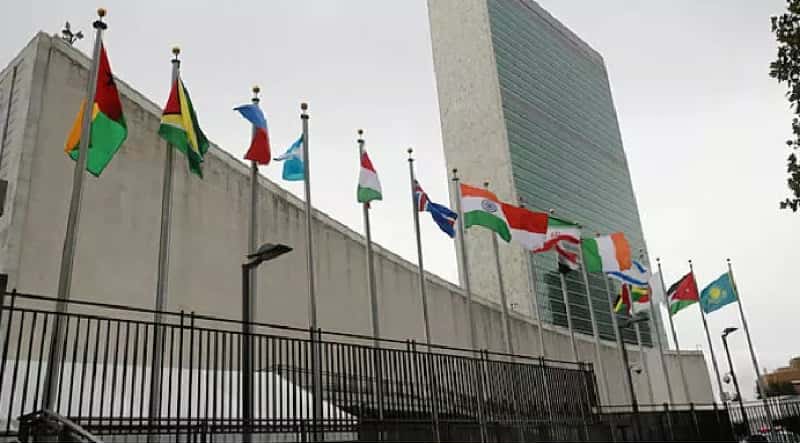Masudur Rahman: The 80th session of the United Nations General Assembly (UNGA) is set to begin on September 9 at UN headquarters in New York, with representatives from nearly all member states expected to attend. The high-level general debate will run from September 23 to 29 under the theme “Better Together: Eight Years and More for Peace, Development and Human Rights.”
For the first time since the four-day border clashes in May, the prime ministers of India and Pakistan will address the Assembly on the same day. Bangladesh’s Chief Adviser Dr. Muhammad Yunus, Pakistani Prime Minister Shahbaz Sharif, and Indian Prime Minister Narendra Modi are all scheduled to deliver speeches on that day — a sequence observers say will add a new dimension to South Asia’s political dynamics on the global stage.
The session will be presided over by Annalena Baerbock, while UN Secretary-General António Guterres will deliver guidance on peace, security, climate change, human rights, and the Sustainable Development Goals (SDGs).
Key topics expected to dominate the agenda include the ongoing war in Ukraine, the humanitarian crisis in Gaza, poverty and inequality, climate change impacts, and proposals to ease the external debt burden of developing nations. Analysts believe this year’s Assembly could shape new directions for global diplomacy.
As per tradition, Brazil’s president will open the debate, followed by U.S. President Donald Trump, marking his first UNGA address since winning a second term.
According to diplomatic sources, India is likely to emphasize sovereignty and security issues, while Pakistan is expected to highlight Kashmir and regional peace. “The world has already seen how South Asia can be drawn into conflict in an instant,” said a senior Pakistani diplomat. “Without a just solution to the Kashmir problem, the UN’s promise of peace, development, and human rights will remain unfulfilled in the region.”
With global conflicts intensifying, this UNGA session is shaping up to be one of the busiest diplomatic seasons in recent years, drawing attention to South Asia alongside crises in Ukraine and the Middle East.
Source: Dawn


